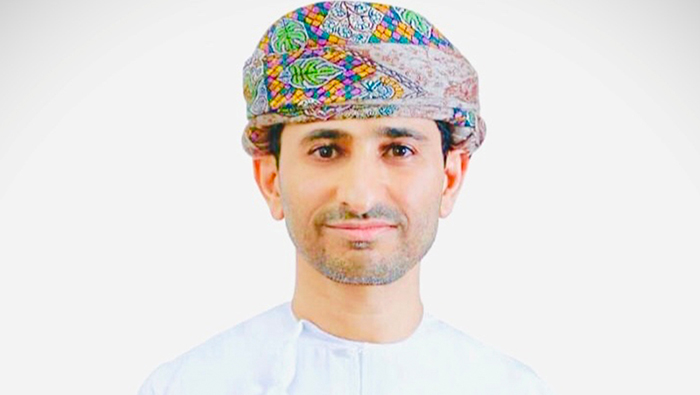
Muscat: Badr Al Samaa Group of Hospitals recently performed the first advanced Cardiac MRI on a child at its advanced Badr MRI Centre at Ruwi. This is the first-ever paediatric MRI done in the private health sector of Oman.
Dr Abdullah Al Bulushi, Consultant Paediatric Cardiologist & Cardiac Imaging at Badr Al Samaa Hospital, Ruwi validated that cardiac MRI is an important tool in diagnosis and management for children with congenital heart diseases. Cardiac MRI plays a major role in visualising and assessing the heart and it is considered as one of the most advanced technology to provide morphological and functional information for a patient with heart disease at any age.
This 6-year-old patient having congenital heart defect required an MRI to evaluate and access the degree of his heart disease. One question was very important to answer: does he require an intervention (cardiac catheterisation or surgery) or not. MRI proved useful in this and helped Dr Bulushi to determine the plan of treatment and the right approach to deal with his heart defect. MRI revealed a strong indication for surgery and the patient was advised the same.
Dr Nevin Majeed, HOD, Radiology at Badr Al Samaa Hospital, Ruwi explained the advantaged of the Badr MRI Centre. He said he has capabilities of performing both adult and paediatric cardiac MRIs. It has the widest bore (70cm) which is comfortable and has in-bore ambience, where one can watch entertainment videos while undergoing the scan. This MRI facility produces 80% less noise and has ultrafast scan time.
Board of Directors of Badr Al Samaa Group of Hospitals, Abdul Latheef, Dr P A Mohammed and Dr V T Vinod in a joint statement said, advanced technology is the future of healthcare and Badr Al Samaa will never cease to introduce global bench-marks in the private health sector of Oman for the benefit of our people.
Dr Benny Panakkal, Group Medical Director and Senior Consultant Interventional Cardiologist said that a paediatric cardiology service is a recent addition and another important feather in the cap of Badr Heart Centre. He expressed satisfaction on the achievement and said that it will go a long way in diagnosing and treating paediatric cardiac cases with precision and accuracy.
A non-invasive test, Cardiac Magnetic Resonance Imaging (CMR) helps to diagnose and assess cardiac diseases. Detailed pictures of the heart are produced by using a powerful magnetic field, radio waves and a computer. Unlike X-Ray and computed tomography (CT) exams, MRI does not use radiation (X-Rays).
CMR helps detect various heart problems such as coronary (heart) artery blockages, heart valve disease, or heart defects and their severity, damage to the heart muscle caused by a previous heart attack. CMR can often be an alternative to imaging tests that use radiation, which may increase the risk of cancer, or dyes containing iodine, which can be harmful to people with kidney diseases.
CMR provides additional and complementary information to echocardiography. It provides high-quality, cross-sectional images. It also enables a highly reproducible measurement of ventricular volumes and myocardial mass and quantifies flow across heart valves. CMR can overcome patient-specific limitations, such as obesity, presence of respiratory disease, or presence of soft tissue, lungs and/or scar tissue following cardiac surgery, which has limited ability to obtain from high-quality echocardiographic images.